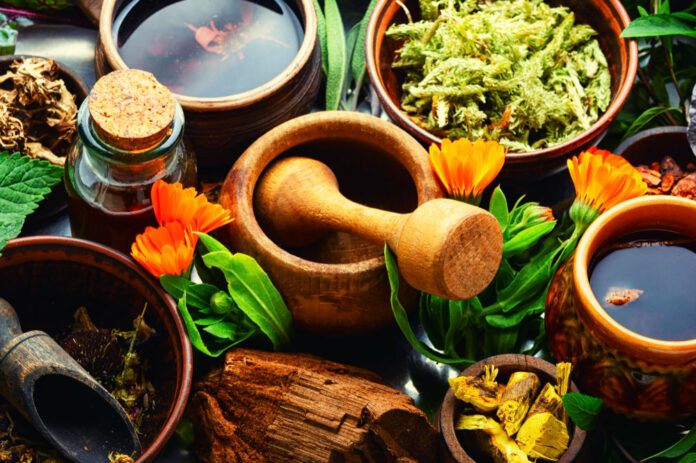Uric acid is a byproduct created from the breakdown of purines, which are found in various foods. Under normal circumstances, it dissolves in the bloodstream and is eliminated by the kidneys. However, excessive levels can lead to painful ailments such as gout and kidney stones. Maintaining appropriate uric acid levels is essential for overall health, with levels exceeding 6 mg/dL in women and 7 mg/dL in men considered high.
Symptoms of Uric Acid.
Here are some common symptoms of high uric acid levels.
- Joint Pain: Sudden, severe pain in joints, especially the big toe, ankles, knees, or wrists, often associated with gout.
- Swelling and Inflammation: Affected joints may appear swollen, red, and warm to the touch.
- Tenderness: Increased sensitivity in the affected joint, making movement painful.Limited Range of Motion: Difficulty moving the affected joint due to pain and swelling.
- Kidney Stones: Symptoms can include severe back or side pain, blood in urine, and frequent urination.
Ayurveda, the ancient holistic healing system, provides natural strategies to help balance uric acid levels and enhance overall wellness. Certain herbal drinks are known for their detoxifying qualities, aiding in the elimination of excess uric acid while also improving digestion, kidney function, and immune health.
Here are five potent Ayurvedic remedies for managing uric acid naturally.
1. Giloy Tea
Commonly referred to as Guduchi, Giloy is a powerful Ayurvedic herb celebrated for its anti-inflammatory and detoxifying properties. It acts as a natural diuretic, facilitating the removal of uric acid through urine. Regular consumption of Giloy tea can help maintain healthy uric acid levels while enhancing immunity.
2. Punarnava Herbal Drink
Punarnava is a prominent Ayurvedic herb recognized for its diuretic and anti-inflammatory benefits. It improves kidney function, aiding in the removal of excess uric acid and preventing its accumulation in the joints. This herb is particularly useful for those at risk of gout or fluid retention.
3. Triphala Tea
Triphala, a combination of Amla, Haritaki, and Bibhitaki, is a powerful detoxifier that enhances digestion and supports kidney health. It aids the body in eliminating toxins, including uric acid, while promoting overall metabolic function.
4. Neem and Tulsi Infusion
Neem and Tulsi (Holy Basil) are well-regarded in Ayurveda for their purifying and anti-inflammatory effects. They assist in detoxification, bolster liver and kidney health, and help maintain balanced uric acid levels.
5. Coriander Seed Water


